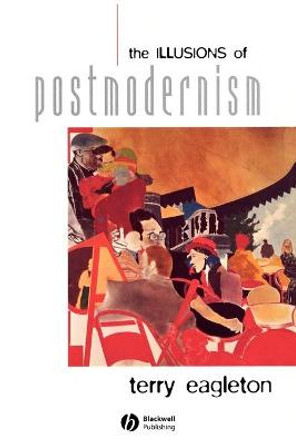Description
Language and desire, Terry Eagleton argues, are seen by Shakespeare as a kind of 'surplus' over and above the body, stable and social roles and a fixed human nature. But the attitude of the plays to such a 'surplus' is profoundly ambivalent; if they admire it as the very source of human creativity, they also fear its anarchic, trangressive force. Underlying such ambiguities, the book convincingly shows, is a deeper ideological struggle, between feudalist traditionalism on the one hand, and the emergence of new forms of bourgeois individualism on the other. This book revels how, in the light of our own contemporary theories of language, sexuality and society, we can understand the issues present in Shakespeare's drama which previously have remained obscure.
About the Author
Terry Eagleton is Professor of Cultural Theory and John Rylands Fellow at the University of Manchester. His works include The Ideology of the Aesthetic (1990), Literacy Theory: An Introduction (1983), Walter Benjamin (1981) and Marxism and Literacy Criticism (1976).
Reviews
"Brilliant little book ... dazzling and exhilarating ... Eagleton is alive to the excitement and originality of a great playwright." Sunday Times
"When you read this book you feel Eagleton's pleasure in reading Shakespeare's works. He deals with the plays in chapters which cut across the well-used categories and an excitement is created by the unexpectedness of the directions which he takes." Marxism Today
"Always provocative, Mr. Eagleton does in print what directors regularly do on stage: change the century, stitch up new costumes, but preserve the story line and language." Herbert Mitgang, The New York Times
Book Information
ISBN 9780631145547
Author Terry Eagleton
Format Paperback
Page Count 128
Imprint Wiley-Blackwell
Publisher John Wiley and Sons Ltd
Weight(grams) 170g
Dimensions(mm) 217mm * 141mm * 10mm










